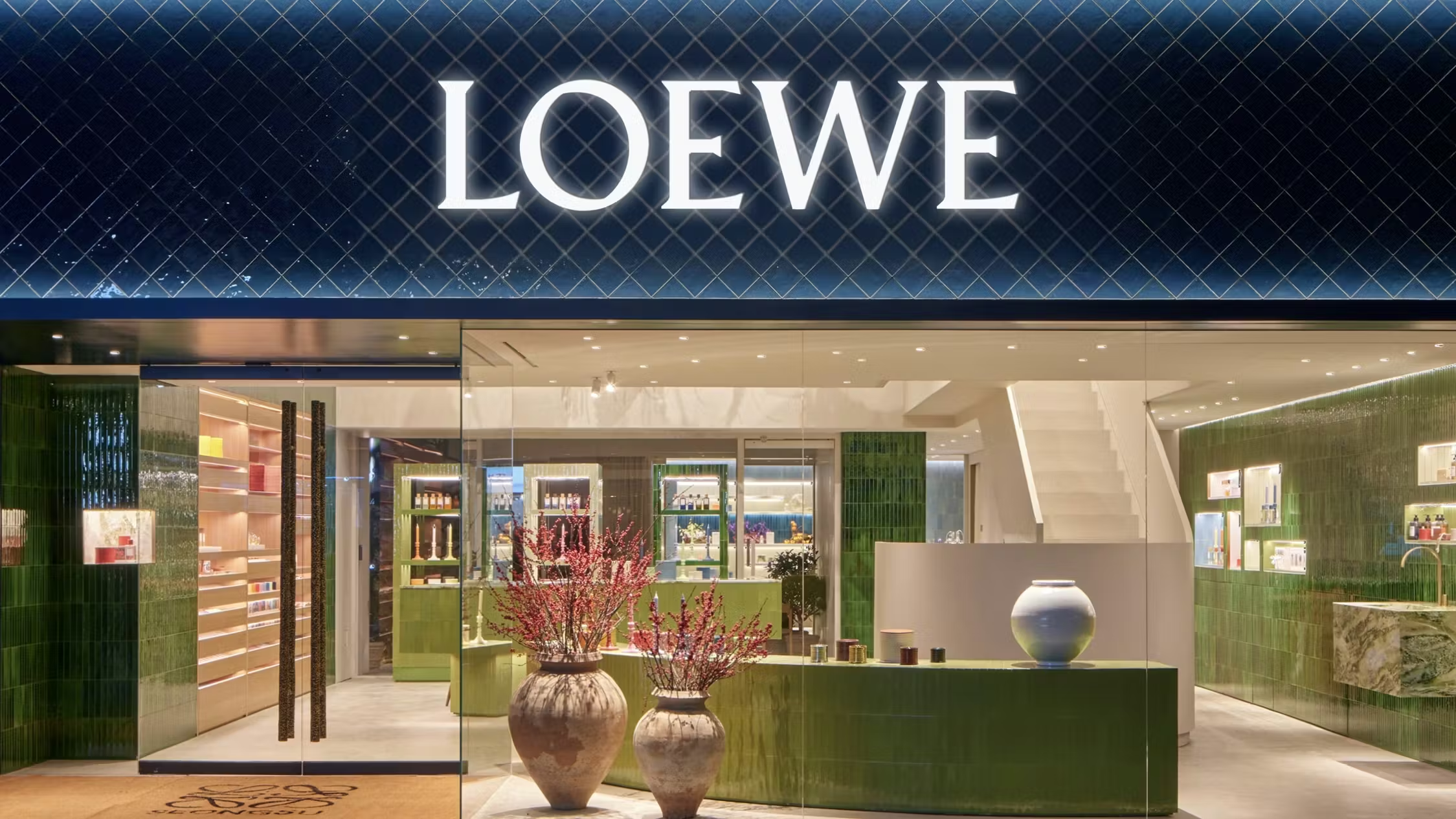- 1. LinkedIn Premium: Your Professional Networking Hub
- 2. Trade Shows and Industry Events: Face-to-Face Connections
- 3. Company Websites and Directories: The Obvious Yet Overlooked
- 4. Trade Publications and Buying Guides
- 5. Professional Organizations and Associations
- 6. Retail Buyer Groups on Social Media
- 7. Cold Calling and Email Campaigns
- 8. Use a PR Agency
Finding retail buyer contacts requires a multifaceted approach. Crucial steps include utilizing platforms like LinkedIn, attending trade shows, tapping into industry resources, and maintaining persistent follow-up. From my firsthand experience, building a strong online presence to catch buyers’ eyes, leveraging LinkedIn Premium for direct connections, and showing up at industry events have proven invaluable. But the confidence in your pitch and knowing your market inside out truly sets the stage for success. In this blog post, I’ll go over my best tips for
1. LinkedIn Premium: Your Professional Networking Hub
One of the best places to find retail buyer contacts is LinkedIn. Investing in LinkedIn Premium can open a world of opportunities for you.
- Direct Messaging: Premium allows you to message buyers directly, even if you’re not connected. This can be a game-changer in getting your product in front of the right eyes.
- Networking: Engage with buyer posts, share valuable content, and join industry-specific groups. Building a healthy connection before pitching your product is crucial.
- Research: LinkedIn’s advanced search features can help you find buyers in specific retail chains or market segments.
2. Trade Shows and Industry Events: Face-to-Face Connections
Industry events and trade shows are gold mines for finding retail buyers:
- Networking: These events gather buyers and sellers from a specific market segment, providing you the perfect opportunity to pitch your product face-to-face.
- Visibility: Make an impactful presentation to ensure your product stands out among the competition.
- Workshops and Panels: Attend sessions where you can learn more about industry trends and buyer expectations, giving you insights to tailor your pitch more effectively.
3. Company Websites and Directories: The Obvious Yet Overlooked
Retailers often have a list of their buying team on their official websites:
- Directories: Look for directories or sections like “Meet our Team” to find direct contacts.
- Customer Service: If the information is not publicly available, a quick call to customer service requesting buyer contact information can sometimes do the trick.
4. Trade Publications and Buying Guides
Industry-specific trade publications often feature contact information for key buyers:
- Directories: Publications might offer annual guides or directories with buyer contact info.
- Features: Buyers often publish articles or are featured in interviews, which can give you insights into their preferences and contact information.
5. Professional Organizations and Associations
Join industry-specific associations and professional organizations:
- Networking Events: Attend their events, webinars, and networking sessions to meet buyers.
- Membership Benefits: Some organizations offer member directories that include contact information for retail buyers.
6. Retail Buyer Groups on Social Media
Social media isn’t just for socializing; it’s a powerful tool for business:
- LinkedIn Groups: Join groups focused on your industry. Buyers often participate in these groups.
- Facebook Groups: Industry-specific groups can also be found on Facebook, where you can network and find potential buyer leads.
7. Cold Calling and Email Campaigns
Sometimes traditional methods are the most effective:
- Cold Calling: Do your research and cold call retail companies to inquire about the buyer for your product type.
- Email Outreach: A targeted email campaign can get your product in front of the right people. Make your emails concise, compelling, and visually appealing.
8. Use a PR Agency
If you have the budget, hiring a public relations firm specializing in your industry can put you in touch with the right buyers:
- Connections: PR agencies have established relationships and can facilitate introductions.
- Media Exposure: They can also boost your visibility through media features, making it easier for buyers to find you.

















